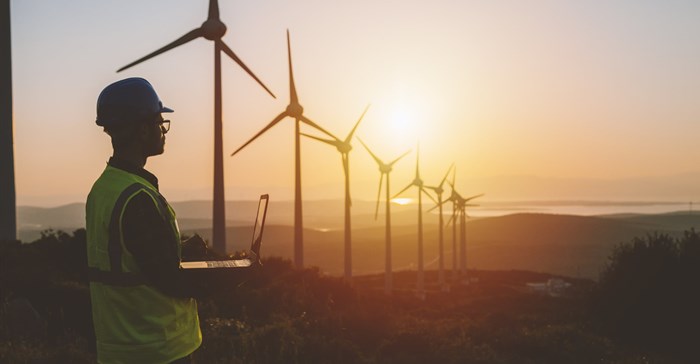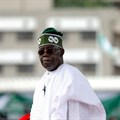Africa, home to 39% of the world’s renewable energy potential, presents a wealth of opportunities for foreign companies and developers seeking to diversify their portfolios in line with COP28 commitments. The continent offers Gulf countries the chance to position themselves as leaders in the renewable energy market, leveraging their technical expertise and generating substantial returns on investment.
The African Development Bank estimates that the continent’s solar capacity potential could reach a staggering 10TW, with hydroelectric and geothermal potentials at 350GW and 15GW respectively. However, as of 2022, the total installed renewable capacity in Africa was just under 59GW.
The upcoming Invest in African Energy (IAE) forum, scheduled for 14-15 May 2024 in Paris, aims to explore this untapped potential and foster connections between MENA, Europe, and Africa’s energy sectors to further energy security and climate diplomacy objectives.
Leading the investment charge is the UAE’s AMEA Power, which announced plans last September to construct a 1GW green hydrogen project in Mombasa, Kenya, powered by electricity from existing geothermal plants. The company has also committed to developing a 200MW geothermal project in Uganda, a 300MW wind farm in Ethiopia, and a solar and battery initiative in Djibouti.
To advance a 1GW green hydrogen initiative in Mauritania, AMEA Power signed two Memoranda of Understanding during COP28, targeting the development of a 100MW solar photovoltaic (PV) plant and a 100MW wind farm.
Emirati state-owned renewable energy firm, Masdar, has recently signed agreements to develop renewable projects in Uganda with a total capacity of approximately 1GW. In Angola, Masdar has committed to developing 150MW of solar projects in Quipungo, as part of its broader pledge to develop 2GW of renewable capacity in the country.
Other Arab nations are joining
Earlier this year, Infinity Power – a joint venture between Masdar and Egypt’s Infinity – acquired a 60% stake in independent power producer Lekela Power, which boasts over 1,300MW of wind power assets across the African continent, including the 143MW Khobab, 143MW Kangnas and 143MW Loeriesfontein wind farms in South Africa.
The acquisition aligns with the company’s strategic interest in expanding its renewable footprint in Africa. Masdar is also pursuing a partnership with Africa50 to undertake floating solar PV projects in Mozambique, as well as developing 500MW of renewable capacity in the Republic of the Congo.
Meanwhile, the UAE launched its Etihad 7 program at the start of this year, pledging to deliver clean energy to millions of Africans by 2035. Sultan Ahmed al-Jaber, COP 28 President-Designate and CEO of Abu Dhabi National Oil Company and Masdar, pledged $4.5bn to aid African economies in accelerating their green transition, and urged developed nations to fulfil the $100bn in annual green finance previously committed for developing countries.
While the UAE has been leading renewable energy investment in Africa to date, Saudi Arabia, Qatar and other Gulf nations have stated their interests in accelerating project developments and participating in sustainable economic growth across the continent.
The IAE 2024 forum serves as a pivotal platform for connecting Gulf energy companies and developers with African resources. Taking place in Paris, the event serves as a strategic alignment of European and Middle Eastern energy interests, aimed at fostering mutually beneficial partnerships and unlocking new green energy finance.
In alignment with global transition goals, investors can engage with opportunities for clean energy technologies and infrastructure and take advantage of the continent’s vast renewable resources.

















































